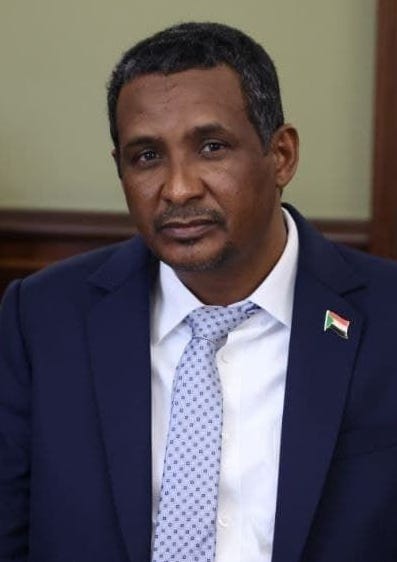Sudan’s paramilitary chief swears in a rival cabinet, pushing the country toward de facto partition
Sudan’s war is calcifying into governance. With rival cabinets, parallel taxes, and fractured corridors, the conflict is no longer just a battlefield struggle but a creeping partition.
Sudan’s war is calcifying into governance. With rival cabinets, parallel taxes, and fractured corridors, the conflict is no longer just a battlefield struggle but a creeping partition.
Sudan is ossifying into two systems. With Mohamed Hamdan Dagalo (Hemedti) presiding over a “parallel government,” the civil war has crossed a psychological threshold from crisis to structure. Front lines remain fluid, atrocities multiply, and famine spreads; yet administrative scaffolding is hardening—taxes, checkpoints, smuggling routes—especially where gold and arms flow. The longer this persists, the more a war economy will anchor politics, and the harder any ceasefire will be to translate into a single state.
Image: Mohamed Hamdan Dagalo 2022
The Red Sea corridor is the stakes-line: Port Sudan, Eritrea, Egypt, Gulf financing, and great-power naval footprints converge. Humanitarian pipelines are breaking under bureaucratic warfare. Mediation bandwidth is thin; leverage resides with those who can control cash and corridors. If the split endures, expect more displacement, regional trafficking, and institutional rot—outcomes that will outlive any front-line gains.
Breaking this trajectory demands synchronized pressure: sanctions that bite commercial networks, targeted airlift to circumvent sieges, and a single diplomatic track with teeth. Fragmented initiatives are oxygen to a divided map.
Our Take: Starve the war economy—gold, fuel, and fees—before the map sets and the partition becomes policy by default.

